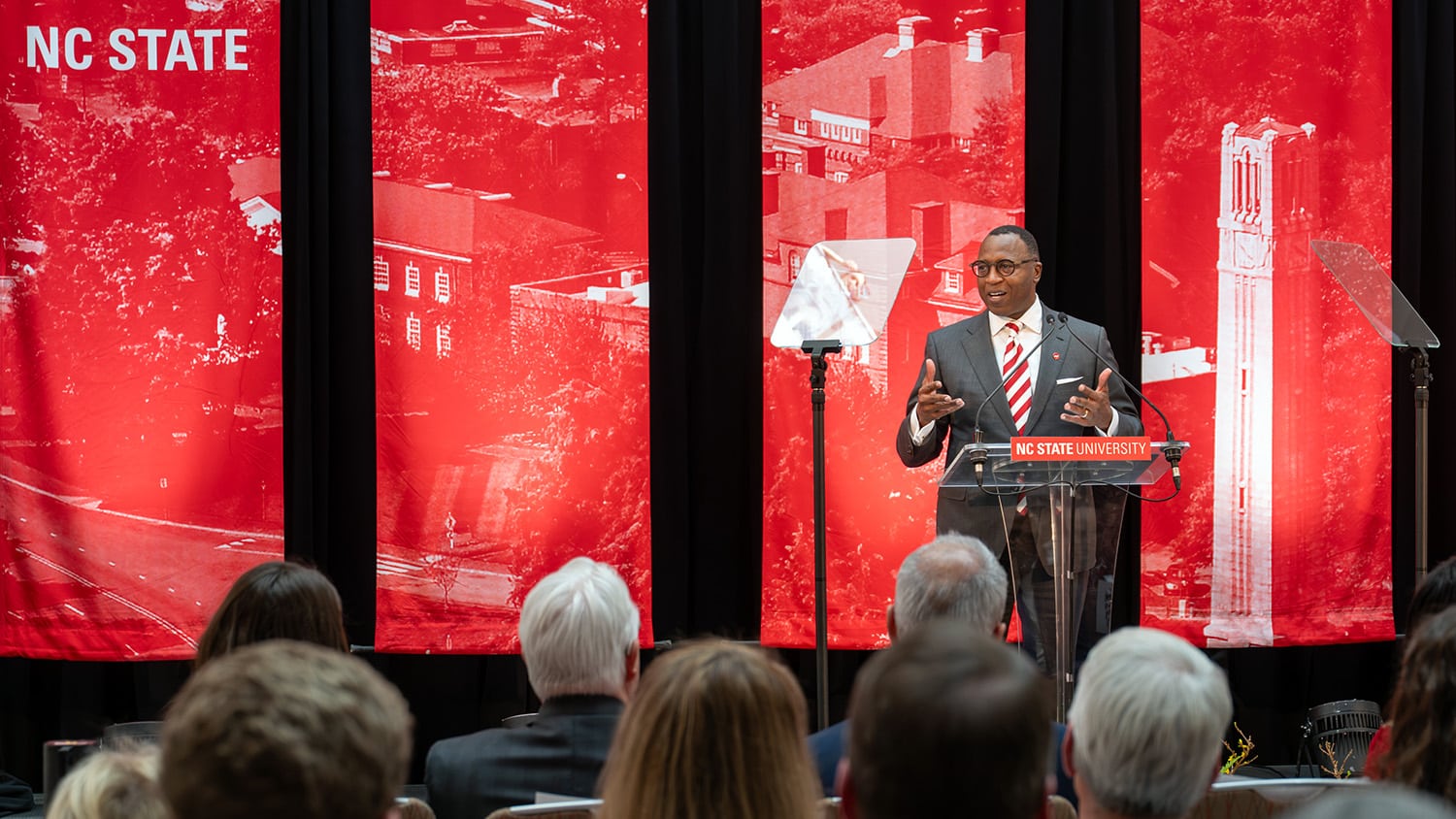White House Summit on Centennial
Business leaders convened on Centennial Campus Monday to discuss the obstacles and opportunities facing the energy and smart grid industries as part of the White House Council on Jobs and Competitiveness. The NC State event was one of five breakout sessions staged in the Triangle to coincide with President Obama’s visit to the region.
Senator Kay Hagan and U.S. commerce secretary Gary Locke attended the session, which was chaired by General Electric CEO Jeffrey Immelt and hosted by Chancellor Randy Woodson. Participants included:

> Lewis Hay, chair and CEO of NextEra Energy Inc.
> Gary Kelly, chair, president and CEO of Southwest Airlines
> Brian Roberts, chair and CEO of Comcast Corporation
> John Doerr, partner in Kleiner, Perkins, Caulfied & Byers
Immelt said the group was focused on how to get people back to work. Several executives said spending on the energy sector and infrastructure was the key.
“One way to put people back to work is in the modernization of coal plants,” said Duke Energy CEO Jim Rogers (photo at right).
Some executives suggested that patching the state-to-state regulatory environment would help spur development, while others called for alternative financing opportunities, especially those not currently available to small businesses. An executive with Red Hat urged the industry to move to a more open-source environment.
Promoting FREEDM
The event gave NC State the opportunity to highlight its work at the FREEDM Systems Center (top photo), a consortium dedicated to smart grid technology and distributed energy. Council members toured the facility, where researchers are working on a new type of smart solid state transformer that was recently named one the world’s most important emerging technologies by MIT Technology Review.
FREEDM, which stands for Future Renewable Electric Energy Delivery and Management, was established in 2008 through a five-year, $18.5 million Engineering Research Center grant from the National Science Foundation. The center benefits from its location in the Triangle, one of the nation’s top smart grid hubs. A recent Duke University study counted nearly 60 smart grid companies in the region.
- Categories:


